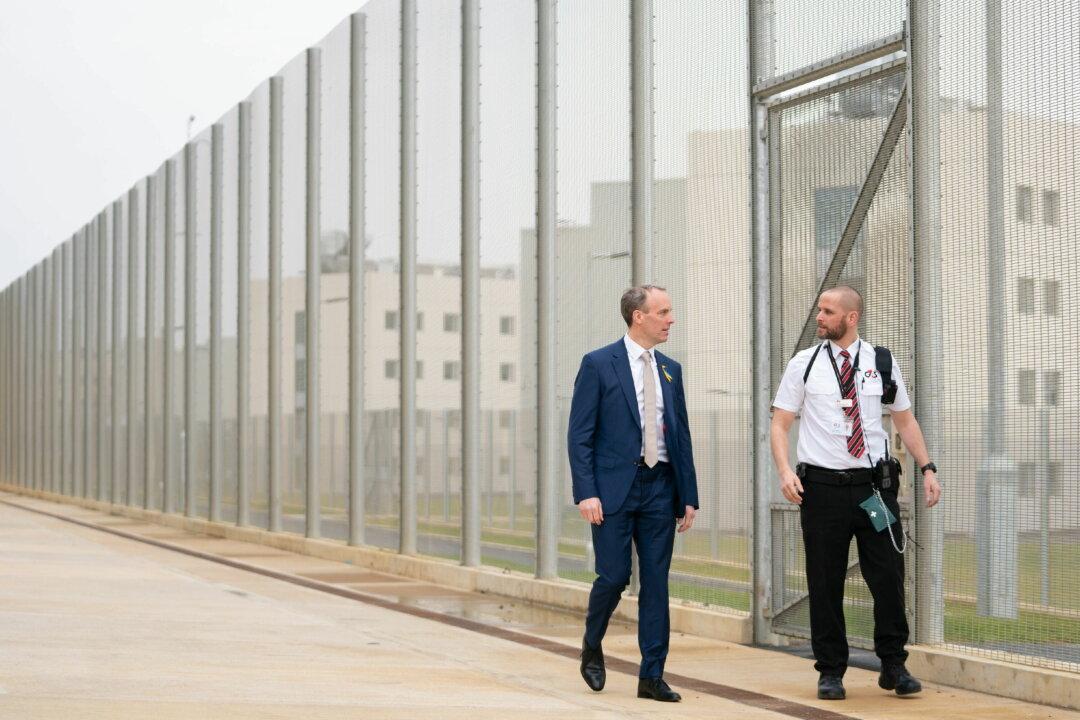A report by Her Majesty’s Inspectorate of Prisons has found that nine Islamist terrorists being held in two special “separation centres” in British prisons are refusing to engage in deradicalisation and other programmes designed to tackle offender behaviour.
In April 2022 inspectors visited the centres in Woodhill prison in Buckinghamshire, and Frankland prison in County Durham, which hold high profile prisoners including Hashem Abedi, the brother of Manchester Arena suicide bomber Salman Abedi, who is serving a life sentence for helping him make the bomb that killed 22 people.





